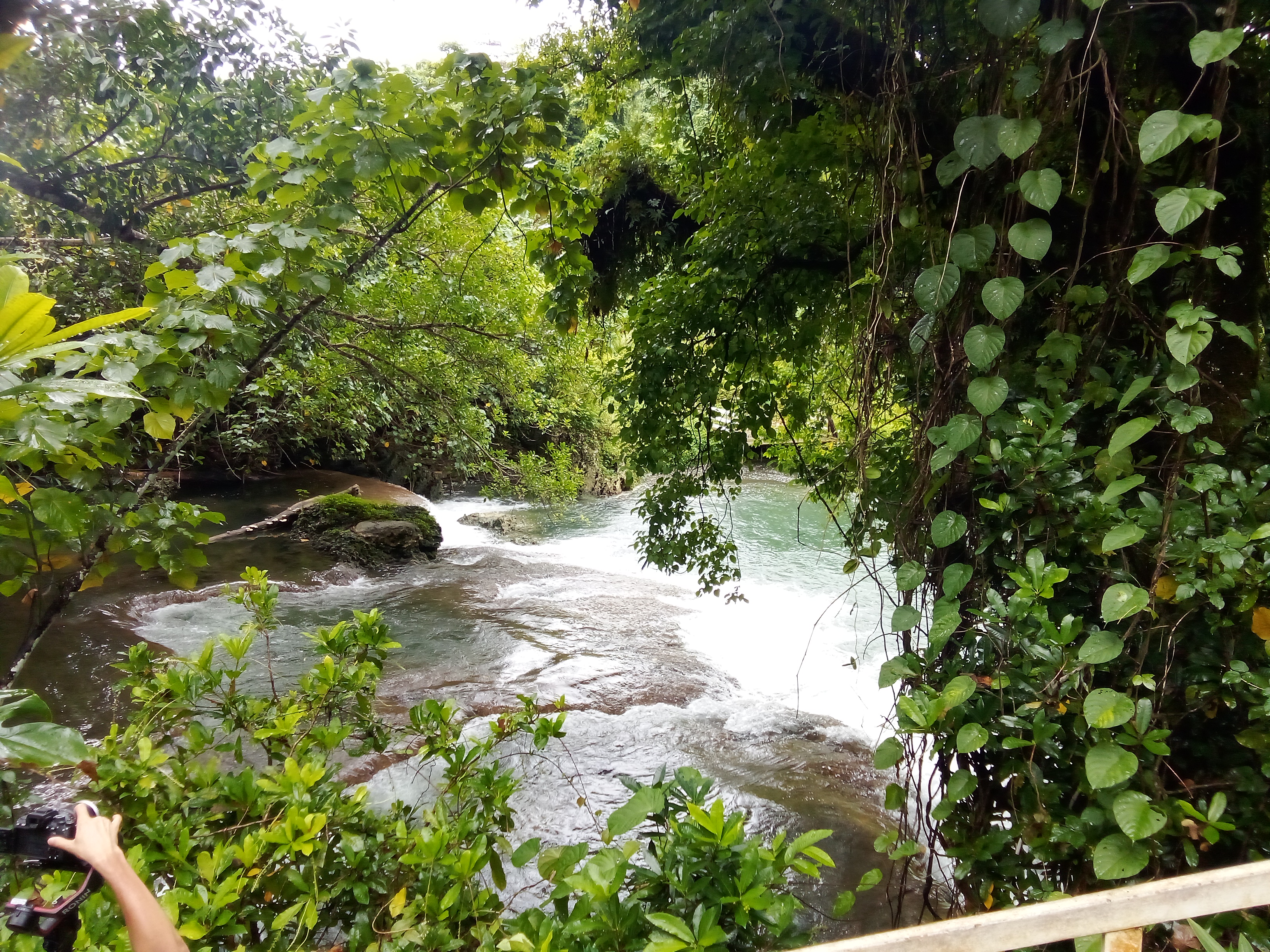Building a Sustainable Future for Vanuatu, the Pacific and beyond
June 26, 2024

Vanuatu is looking to be using 100 percent renewable energy - much of it being generated from hydropower sources - by 2030.
The Pacific Island nation of Vanuatu may be small in population, but its ambitious agenda in pursuit of renewable energy solutions see it punching well above its comparative weight.
Vanuatu’s 2017 Census revealed that 71 percent of the nation’s approximately 330,000 people are without access to a reliable source of electricity. A large percentage of this same population lack any access to energy at all, the exception being a solar lantern, or two, to illuminate their rural communities.
In its National Energy Road Map (NERM), Vanuatu aims to achieve 100 percent electrification with renewable energy by 2030. For this to occur, however, the country has sought the support of the Government of Japan through the Vanuatu Green Transformation Project (VGET).
Under the broader Pacific Green Transformation Project, Japan is supporting Papua New Guinea, Timor-Leste, and Samoa – alongside Vanuatu – through US$37 million in total funding to help accelerate the transition to a green and low-carbon future.
In Vanuatu this transition will come through the installation of eight pico-hydro power stations, with these to be established at sites such as remote as Waterfall, Melsisi, and Larimat on Pentecost Island. These sites will provide reliable energy sources to communities and to contribute to the government’s efforts in achieving its NERM commitments, benefiting 3,716 people directly and 6,000 indirectly.
In May 2024, a film crew travelled to each of the recipient countries to speak with those a part of the initiative, as well as to visit project sites. From project challenges to the importance of partnership with the Government of Japan and the UN Development Programme (UNDP), each story revealed a unique aspect of Vanuatu’s journey towards sustainability.
During their time in country the film crew conducted interviews with key stakeholders including Ambassador of Japan to the Republic of Vanuatu, HE. Okuda Naohisa, who highlighted the importance of green initiatives for both Vanuatu and Japan. They also spoke with Antony Garae, Director of Department of Energy, and Hon. Ralph Regenvanu, Minister of Climate Change Adaptation, Meteorology and Geo-Hazards, Energy, Environment and Disaster Risk-Management. Both emphasized the vulnerability of Vanuatu to the impacts of climate change and their passionate advocacy toward environmental sustainability.
Additionally, the film crew connected with potential beneficiaries on Pentecost Island, witnessing their anticipation for reliable electricity and their vision for a future. The aspirations of the local communities was shared to demonstrate the hope of residents who eagerly await access to clean, green energy.

Interviewing Hon. Ralph Regenvanu, Minister for Climate Change, Adaptation, Meteorology and Geo-hazards, Energy, Environment and Disaster Risk-Management.

Rarru Cascades in Port Vila, Vanuatu.
Footage from Eton Beach and Edmat Beach in Port Vila, along with the Rarru Cascades will showcase Vanuatu's natural beauty and importance of environmental protection, encouraging those from outside Vanuatu who will watch the final film to join the call-to-action in pursuit of a future built on the back of renewable energy by 2030.
The series of videos will be released across UNDP’s social media platforms, as well as being showcased at the 10th Pacific Island Leaders Meeting (Palm 10) in Tokyo in July 2024.
While Pacific Island Countries like Vanuatu face environmental challenges, they are also leading the way in building resilience.
VGET's work on renewable energy sources will play a significant role in shaping a sustainable future for Vanuatu, with the project to serve as a valuable inspiration for other Pacific Island Countries and Small Island Developing States on their own paths towards a sustainable future.

 Locations
Locations


